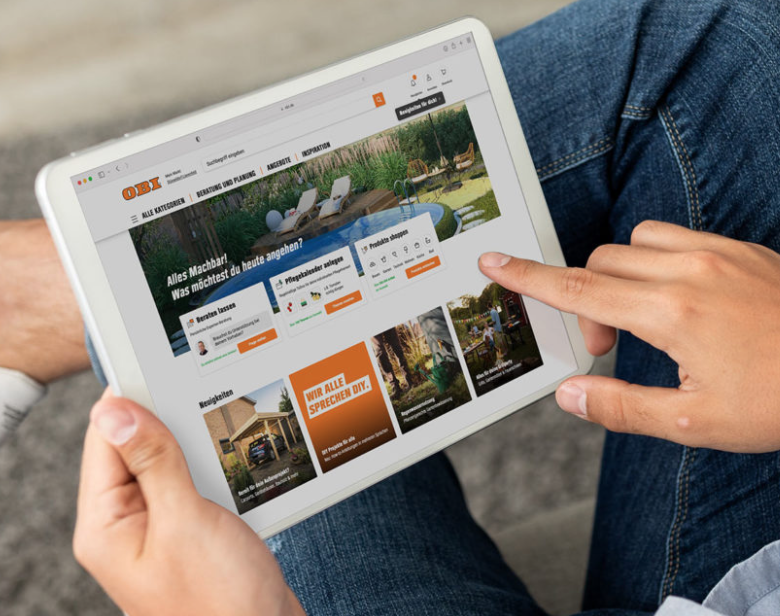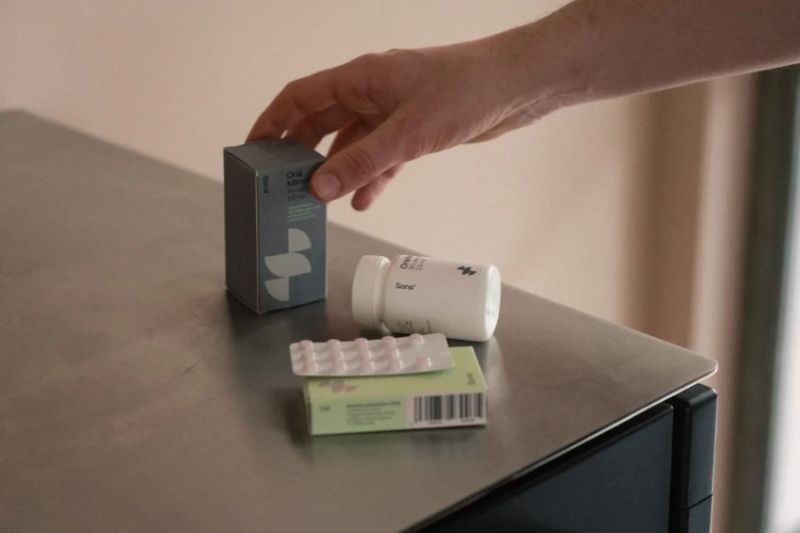Shoppers continued to spend less online while in-store spending grew more slowly in October as the cost of living continued to rise, the latest figures suggest. Shoppers appear to be putting off spending on more expensive items, perhaps to Black Friday, suggests the British Retail Consortium (BRC), while instead buying products to help cut the cost of energy.
Overall UK retail sales grew by 1.6%, according to the latest BRC/KPMG Retail Sales Index – and by 1.2% on a like-for-like (LFL) basis that strips out the effect of store – and business – openings and closures. That’s below the current 12.6% rate of inflation, as measured on the retail prices index, and the 8.8% consumer prices rate of inflation, suggesting that although shoppers are spending more, they are buying less.
Online non-food sales fell by 6.3% in October, having fallen by 8% a year earlier, the figures suggest. That’s below the three month trend (-4.8%) but above the 12-month average decline of 13.6%.
In-store non-food sales grew by 1.3% in total in the three months to October, compared to the same period last year, and by 0.4% LFL. That’s well below the 12-month average of 32.5% growth. Some 39.9% of non-food sales took place online in October, down from 42% a year earlier.
“As the cost of living for consumers continued to rise, retail sales slowed in October,” says Helen Dickinson, chief executive of the BRC. “With November Black Friday sales just around the corner, many people look to be delaying spending, particularly on bigger purchases. Clothing and footwear, which saw stronger sales this year, declined as the mild weather meant customers held back on buying winter outfits. Meanwhile, electric blankets, air fryers and other energy efficient appliances continued to fly off the shelves as people sought future cost savings.
“Christmas will come later than last year for many and may be more gloom than glitter as families focus on making ends meet, particularly as mortgage payments rise. Retailers hope the World Cup and Black Friday, will give sales a much-needed boost ahead of Christmas. However, with little sign of cost pressures easing, government action is needed to support households. Retailers face an additional government imposed £800m inflationary increase in their business rates bills next year so the government should freeze rates and reform the broken transitional relief system to alleviate cost pressures that are feeding through to higher prices at a time when people are least able to afford them.”
Below inflation growth
Meanwhile, food sales grew by 5.1% in total, and 4.7% LFL, again below inflation, suggesting that the amount of food bought has fallen while prices rise more quickly.
Paul Martin, UK head of retail at KPMG, says: “Despite the price of goods being higher than 2021, retail sales during October grew by just over 1% in value year on year. This increase is being driven by inflationary pressures and does not tell the true picture of sales volumes dropping as consumers purchase fewer products per shop.
“Sales across almost every category both online and in store fell year on year as consumers adjust to shrinking household incomes. Furniture, food and health products saved the day on the high street as consumers prepare for colder days at home. Online retailers saw sales decline in every category apart from furniture, as consumers head to the shops more frequently in search of bargains to manage daily expenditure.
“Retailers will be hedging their bets on a successful World Cup and Black Friday to boost sales during the crucial golden quarter. Given the economic headwinds, it is unlikely that the usual festive boost will be enough to counteract the ongoing issues that retailers face with rising costs, squeezed margins and falling demand. Many may feel that they have little choice but to reduce prices to hold onto customers but with their own inflationary pressures to contend with, bumper promotions before Christmas could damage already tight margins further. Whilst Christmas is by no means cancelled as consumers focus on one bright spot amongst the economic clouds, retailers are facing possibly their toughest festive season in a decade as shoppers look to trade down, search out bargains and purchase less to meet the economic challenges ahead.”
Barclaycard: Christmas spending set to be constrained
Figures from Barclaycard suggest that card spending rose by 3.5% year-on-year – again, below inflation. Spending on essential items, such as fuel and groceries, rose by 5.7% – higher than the 3.3% recorded in September, and reflecting rising inflation. Supermarket shopping grew by 4.6%, again reflecting rising prices.
But spending on non-essential products rose by a more modest 2.5%. Digital content and subscriptions grew by 4.8% and takeaways and fast food by 11.7% as more shoppers opted to stay in.
Its consumer attitudes survey of 2,000 UK adults found that 48% were planning to cut down on Christmas spending in order to save money this year. Confidence in the UK economy fell to 15% – the lowest level since 2015 and less than half of the 31% recorded a year earlier.
Esme Harwood, director at Barclaycard, says: “Rising petrol and supermarket costs continue to bite, but Brits are spending less on energy bills as government support kicks in and people find ways to economise at home. Consumers continue to swap big nights out for cosy evenings in as they reduce their discretionary spending, while health and beauty and home improvements enjoy a little boost.
“With the festive season around the corner, we’re likely to see further cutbacks, as Brits rein in their Christmas spending. Consumers are adopting a restrained approach to festivities, reaching for pre-loved gifts and setting spending limits to manage their costs during this traditionally expensive time of year.”









